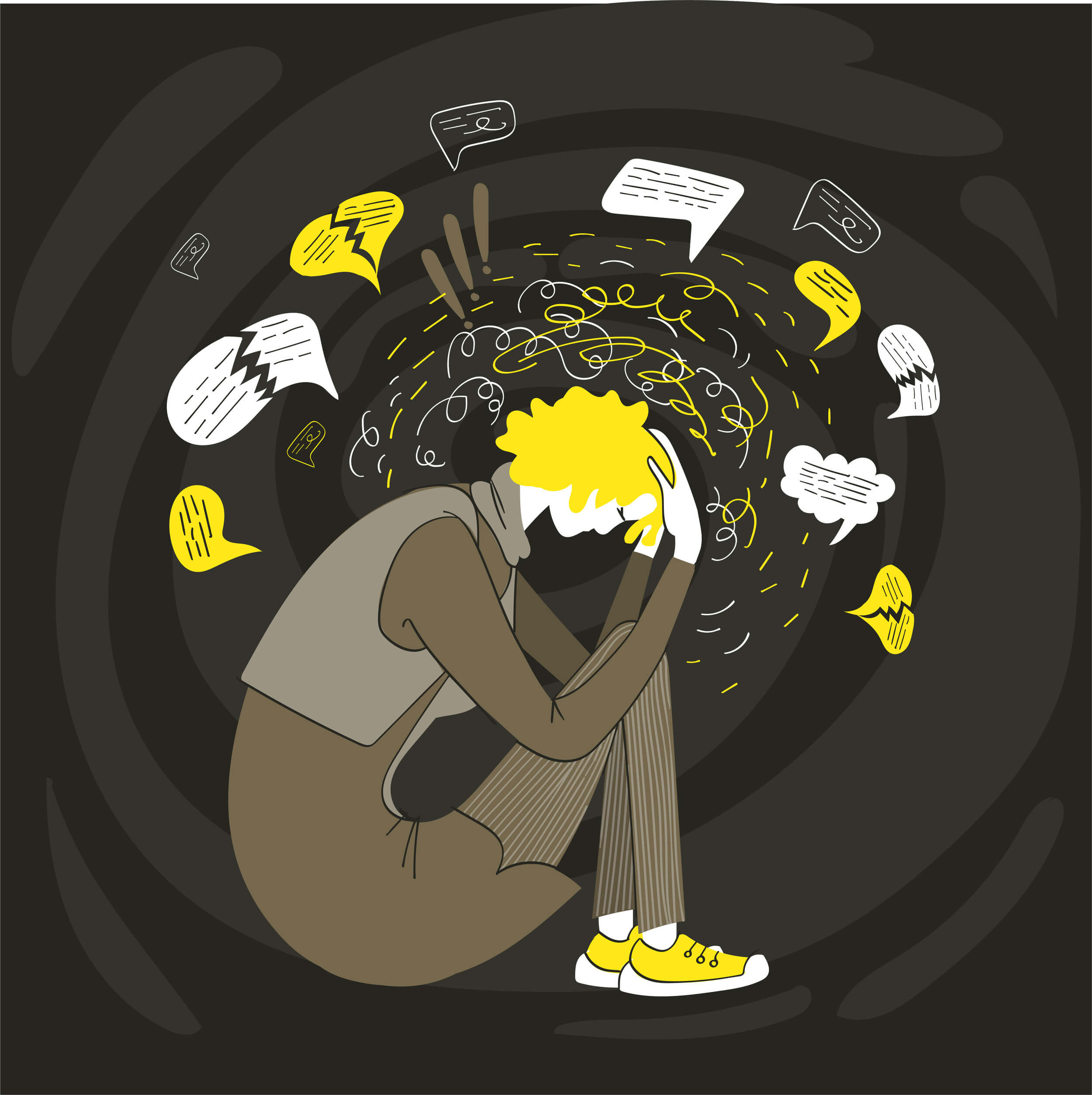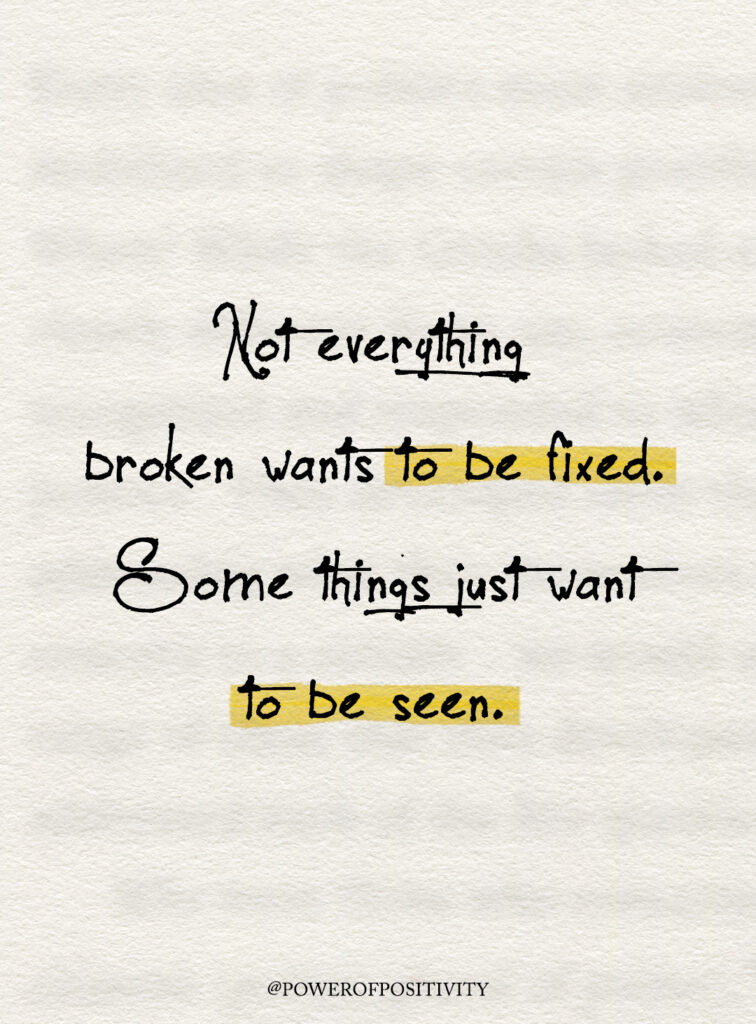Everyday life comes with pressure, but stress often shows up in ways we don’t always notice right away. It can slip into routines quietly — through moods, body aches, or habits that feel a little “off.” Many people brush these signs aside, thinking they’re just tired or having a rough day. But those small changes are often the body’s way of waving a flag.
Ignoring these stress signals can wear you down over time, affecting both your mind and health. The good news is that spotting the early signs makes it easier to respond before things get heavier. Here are the everyday stress signals worth paying attention to, so you can protect your well-being before they build up.
How Stress Shapes Your Feelings
Stress doesn’t always show up with loud alarms. Many times, it creeps in through emotions that feel a little different than usual. These stress signals often touch your mood before anything else.
Emotional Shifts You Might Notice
- Irritability or feeling wound up more easily
- Sudden waves of anxiety or nervousness
- Racing thoughts that refuse to quiet down
- A loss of joy in things you normally enjoy
- A heavy sense of worry without clear reason
When Mood Changes Signal More Than “Just a Bad Day”
A single rough morning is normal, but stress that lingers day after day does more than just dampen your mood. It actually changes how your brain handles emotions. Instead of bouncing back, you might stay on edge or drained.
These emotional stress signals, when ignored, can lead to bigger challenges like long-term anxiety or depression. Paying attention to these patterns helps you know when stress is becoming something more serious.
Physical Signals Stress Leaves Behind
The body often speaks before the mind does. Physical stress signals can feel like ordinary aches at first, but they carry important warnings.
Everyday Body Clues
- Headaches or constant tension in the shoulders and neck
- Feeling exhausted even after sleep
- Digestive problems such as stomach upset or heartburn
- Restless nights with frequent waking
- A racing heartbeat, sweating, or feeling short of breath
More Noticeable Physical Changes
- Sudden weight gain or loss without changes in diet
- Skin flare-ups like acne, rashes, or itchiness
- Menstrual cycle changes in women
- Feeling faint, dizzy, or shaky
Why the Body Speaks Loudly Under Stress
When stress hormones stay active too long, they throw off the body’s balance. Systems that usually work smoothly — digestion, sleep, immunity — begin to struggle. The longer stress continues, the stronger these signals become. Ignoring them may lead to chronic pain, high blood pressure, or other health issues. Listening to the body early gives you the chance to make changes before small problems grow bigger.
The Way Stress Affects Your Behavior
Stress doesn’t just live in your body — it also shows up in your actions. These changes in behavior can be some of the easiest stress signals to overlook, because they often blend into daily life.
Habits That Shift Under Pressure
- Snapping at family, friends, or coworkers
- Feeling restless or unable to sit still
- Nail-biting, jaw-clenching, or picking at your skin
- Turning to food — eating too much or skipping meals altogether
Lifestyle and Social Changes
- Drinking, smoking, or using substances more than usual
- Withdrawing from friends and family
- Losing interest in hobbies or activities you once enjoyed
- Spending money to cope or avoiding responsibilities
How Behavior Links Back to Stress
These changes often start as small coping tools but can grow into harmful patterns if stress continues. When your daily habits shift noticeably, it’s often a sign that your body and mind are under pressure. Recognizing these behaviors as stress signals allows you to step in and find healthier ways to cope.
Cognitive and Mental Signs
Stress also clouds the way you think. Mental stress signals are easy to miss because they can feel like normal forgetfulness, but over time, they add up.
Trouble With Focus and Memory
- Forgetting details, even simple ones
- Struggling to focus on everyday tasks
- Feeling like your thoughts are slow or “foggy”
Constant Worry and Racing Thoughts
- Overthinking small problems until they feel bigger
- A nagging fear that something bad might happen without reason
The Hidden Cost of Mental Strain
Living with these stress signals daily makes it harder to get work done, follow routines, or enjoy simple moments. Productivity drops, mistakes increase, and frustration builds. If mental strain continues for too long, burnout becomes more likely. Knowing when your mind feels weighed down is just as important as noticing physical or emotional signs.
Recognizing When Stress Becomes Serious
Not all stress is harmful. Short bursts can even help you stay alert. But ongoing stress that doesn’t let up is different.
Red Flags That Show Stress Is Serious
- Symptoms that don’t go away for weeks
- Feeling like you can’t cope no matter what you try
- Suicidal thoughts or thoughts of harming yourself
- Emotional numbness, where nothing feels enjoyable anymore
Why Early Recognition Matters
Catching stress signals before they escalate is crucial. Addressing them early protects both your mental and physical health. Waiting too long can make recovery harder and may lead to medical or psychological treatment needs.
When these signs appear, it’s important to reach out for help. Talk with a doctor, counselor, or someone you trust. Taking action is not weakness — it’s a step toward regaining control and protecting your well-being.
Practical Ways to Respond to Stress Signals
Stress doesn’t have to control your life. Once you notice stress signals, small steps can make a big difference.
Simple Daily Adjustments
- Take short breaks for stretching, walking, or breathing exercises
- Aim for balanced meals instead of skipping or overeating
- Keep a steady sleep schedule
- Cut back on caffeine, alcohol, and screen time, especially at night
Building Long-Term Resilience
- Write down thoughts in a journal to release mental clutter
- Try mindfulness practices or therapy for guided support
- Share feelings with friends or loved ones instead of holding them inside
- Set clear boundaries between work and personal time
Why Action Is Better Than Avoidance
Ignoring stress only makes symptoms stronger. Tackling it early, even with small changes, lowers the risk of long-term damage to health. Building positive coping tools now also prepares you to handle future stress better. Stress is part of life, but how you respond decides how much power it has over you.
Final Thoughts on Everyday Stress Signals
Stress always leaves clues. Sometimes it’s in the way you feel, other times in your body, your habits, or your thoughts. These everyday stress signals may seem small, but they carry important warnings.
Listening to them early helps protect both your short-term comfort and your long-term health. Instead of brushing them aside, treat them as reminders that your body and mind need care.
Choosing to act now — whether that’s resting more, talking to someone, or changing daily routines — keeps stress from building into something bigger. Paying attention today is an investment in tomorrow.















